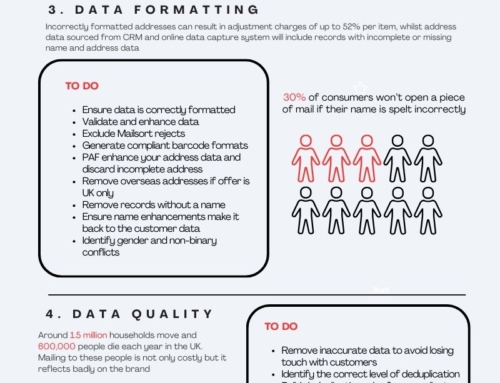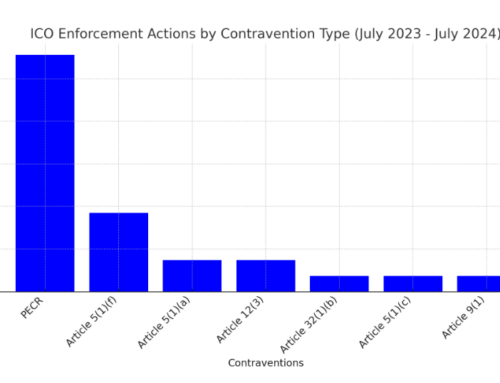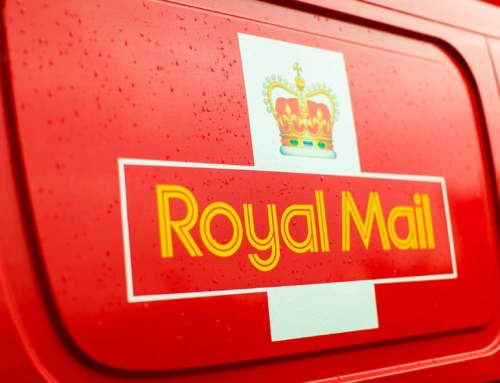New research shows that charities are falling behind when it comes to data. With the cost-of-living crisis now really beginning to show its teeth resulting in a sharp decline in donor numbers and donation value, data is now a critical capability for charities to master. However, data doesn’t have to be complex. More on this later… first, let’s have a look at the findings of the State of the Sector Data Maturity Report.
The study measured 1,000 charities and rated their data maturity through five stages, from ‘Unaware’ to ‘Mastering’ across seven key themes: Uses, Data, Analysis, Leadership, Culture, Tools, and Skills.
When it comes to data leadership over half (53 percent) of those surveyed said that there is no one with data analytics expertise within their leadership team, with 63 percent believing that their leadership is not convinced about data’s value. In fact, less than one in 10 charities (six percent) say their leadership plans and prioritises data as a vital resource and understands how to use it to improve what the organisation does. Just 20 charities (two percent) say their leadership team uses data to inform decisions and only a quarter feel leaders invest enough in data related resources: people, skills, learning and tools.
When it comes to the day-to-day operations, most organisations (91 percent) are doing simple counts and charts, while two-fifths (40 percent) are still moderately or extensively using paper forms and questionnaires to collect data. Unsurprisingly therefore, fewer than 50 percent of respondents felt that their organisation analyses data in meaningful and useful ways. Despite this however, they said that 46 percent of their time goes into managing data and that this is not an enjoyable part of their job.
Analysis of historic data was found to be widespread, with 88 percent using descriptive analysis to summarise averages and past trends while 54 percent using deeper analysis around causes, patterns, differences, and correlations. More advanced predictive and prescriptive types of analytics are less common, used by 29 percent and 22 percent respectively.
At face value the report might paint a quite depressing picture. However, one part of the above report can very easily be addressed. The fact that managing data is viewed as being time consuming can be fixed quickly, cost efficiently and effectively by outsourcing.
The old data adage: rubbish in, rubbish out, is true. Data is only an asset if it is correct. For more detail on this we recently wrote about this topic here: https://www.thesoftwarebureau.com/analytics-are-only-as-strong-as-the-underlying-data/. Ultimately, using out of date data to create an algorithm that predicts who is likely to donate will be flawed. Sending a piece of direct mail to someone that has died wastes money. But the fact of the matter is that data degrades really quickly. This is why so much time is spent ensuring the accuracy of the information.
However, much of this can be automated freeing up the people who say they spend so much time managing data (and don’t enjoy doing it). We offer three different ways for charities to ensure the accuracy of their donor data including address verification, identifying and removing any duplicate or erroneous records, flagging and tracking people that have moved house and highlighting any donors that have sadly passed away. It is possible to do this securely in the cloud, within the Microsoft Azure ecosystem or via a desktop solution.
For charities data will become a very powerful resource, however, getting the fundamentals right such as data hygiene, means that solid foundations will pave the way to data maturity.
If you have any issues with your data management and let us see how we can help… and even better make the solution pay for itself through cost savings and improved targeting.





